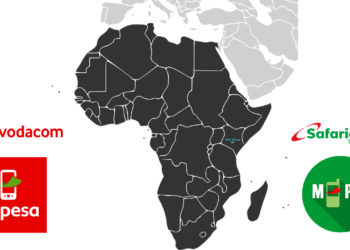Majority Leader Kimani Ichungwa has introduced the Affordable Housing Bill 2023 in the National Assembly, marking its initiation at the First Reading. The proposed legislation aims to legitimize the controversial 1.5 percent Housing Levy, extending its coverage beyond salaried earners and establishing a comprehensive framework for fund management.
The bill endeavors to transform the landscape of the Housing Levy by incorporating a broader range of incomes, thereby diversifying revenue sources for the affordable housing initiative. A key provision is the elevation of penalties for non-remittance from two percent to three percent per month on outstanding amounts, emphasizing strict adherence for employers.
Furthermore, the bill establishes stringent eligibility criteria, requiring beneficiaries to be Kenyan citizens aged 18 or older, holding national identification cards. Priority in allocation is given to marginalized groups, providing them a viable pathway to access affordable housing units. To ensure effective oversight and allocation for housing projects, the legislation proposes the creation of an Affordable Housing Board comprising diverse stakeholders.
The ramifications of this bill are manifold. By expanding the levy’s applicability to various income sources and imposing higher penalties for non-compliance, it aims to strengthen funding for the affordable housing scheme. However, its potential impact on operational logistics, nationwide execution, and its ability to address concerns highlighted by the High Court ruling are subjects of intense scrutiny.
If enacted, the Affordable Housing Bill, 2023, could bring about significant changes in housing finance and accessibility. Nonetheless, challenges in execution and implementation at the national level might arise, necessitating careful consideration and deliberation during its legislative journey.

















